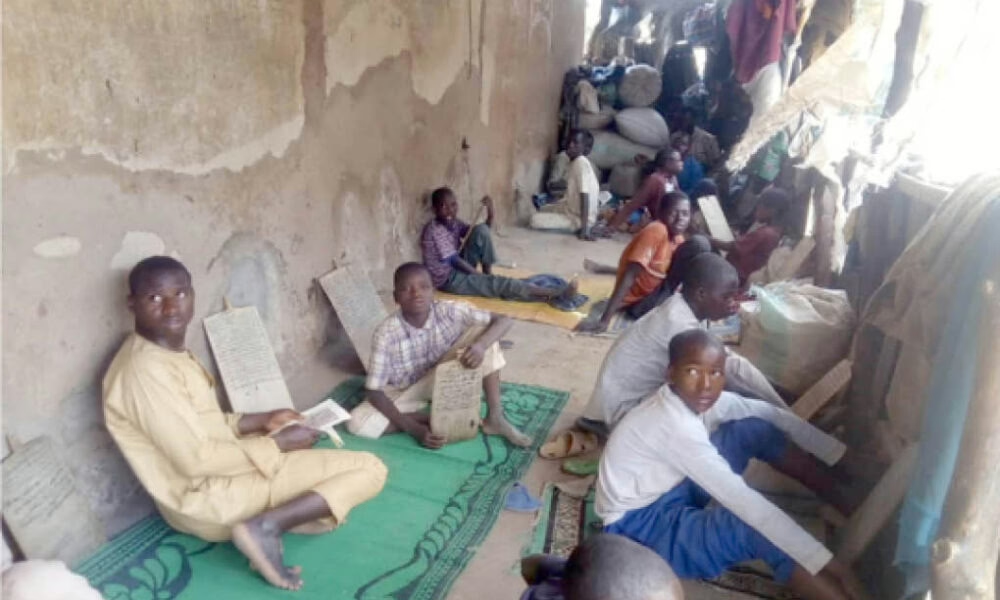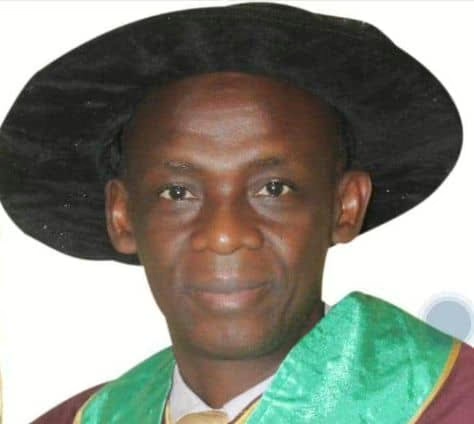In the heart-wrenching video I recently watched, accident victims lay helpless, writhing in pain on a South Eastern road. Instead of receiving the immediate assistance they so desperately needed, they were surrounded by onlookers more concerned with recording the scene on their smartphones than offering any form of help. This distressing reality underscores a glaring failure of governance: the absence of an efficient emergency response system in the South East.
Road accidents are an unfortunate but inevitable part of urban life. However, what differentiates societies is their preparedness to handle such emergencies. Across the globe, advanced cities have established rapid response mechanisms, ensuring that emergency teams arrive at accident scenes within minutes to provide critical care. In Lagos, for instance, during the administrations of Senator Bola Ahmed Tinubu, Babatunde Fashola, Akinwunmi Ambode, and lately Jide Sanwo-Olu, emergency response units consistently arrived within 10 to 15 minutes, saving countless lives. Similarly, cities like Johannesburg, Nairobi, and Accra have invested in structured systems that prioritize swift emergency services to reduce fatalities.
The Federal Road Safety Corps (FRSC) deserves commendation for their efforts in reducing road traffic accidents and responding to emergencies across Nigeria. However, as recent events have shown, there is still much more to be done. The volume of Igbo people who traveled this yuletide season and the wanton loss of lives witnessed along critical routes like Lagos-Ore-Benin, Benin-Onitsha-Enugu, Owerri-Aba-Afikpo, and Abakaliki expressways highlight an urgent need for improvement. Many of these accidents, and the resulting deaths, could have been avoided with better-coordinated emergency response mechanisms.
This is a clarion call to the governors of Edo, Delta, Anambra, Imo, Ebonyi, Enugu, and Abia states to act urgently. The governors must prioritize the establishment of well-equipped emergency response units strategically located along major highways. These centers should be staffed with trained medical personnel and equipped with ambulances, extrication tools, and essential first aid supplies. With such facilities in place, accident victims can receive immediate care, greatly improving their chances of survival.
An effective response system requires an emergency hotline that is easy to remember and free to use. The governors must ensure the introduction of toll-free numbers for reporting accidents. These lines should be manned by dedicated operators trained to swiftly dispatch emergency teams to the scene.
Advertisement
Public education is equally critical. Awareness campaigns should be launched to discourage the disturbing trend of recording accident victims instead of helping them. Citizens need to be equipped with basic first aid skills and an understanding of the importance of timely intervention in saving lives.
Collaboration with stakeholders is essential. State governments can partner with federal agencies, non-governmental organizations, and private sector players to pool resources and expertise. Such partnerships will ensure the sustainability of the emergency response framework and bolster its effectiveness.
The time for South Eastern governors to act is now. Every moment of inaction contributes to the needless loss of lives and the erosion of public confidence. By prioritizing emergency response systems, the region can begin to restore faith in governance and demonstrate genuine concern for the welfare of its people.
The tragic scenes on our roads are a call to conscience. Let us not forget that the measure of any government is in how it protects its citizens, especially in moments of vulnerability. This yuletide season has exposed a grave failure, but it also presents an opportunity for change. The South East, and indeed Nigeria as a whole, deserves better.
• Olise is a Lagos-based public affairs analyst











